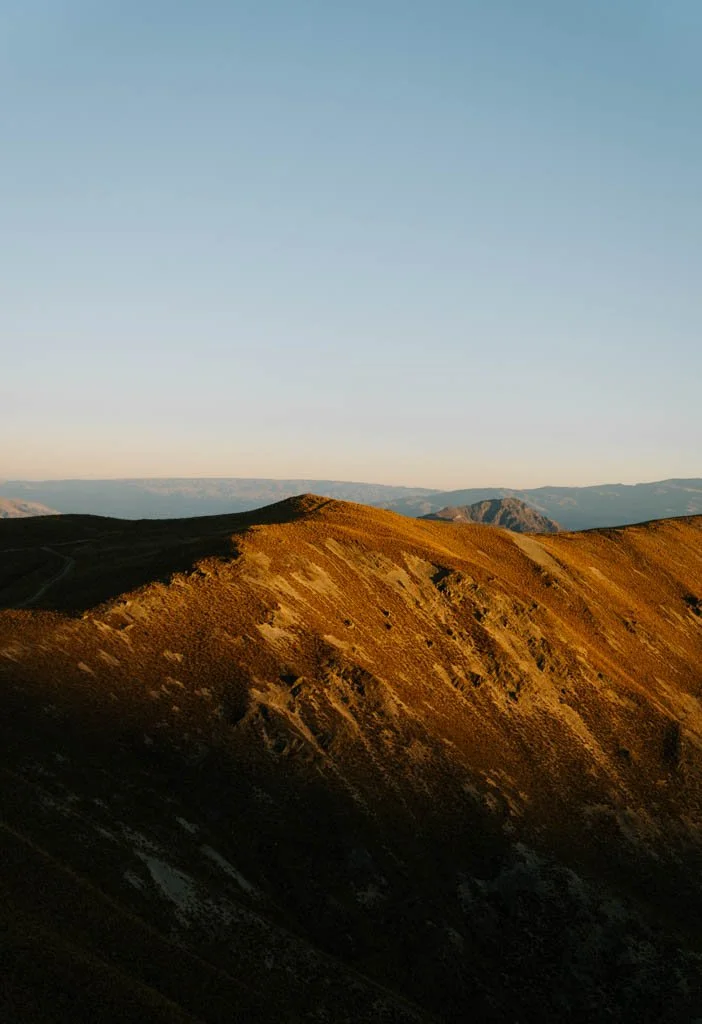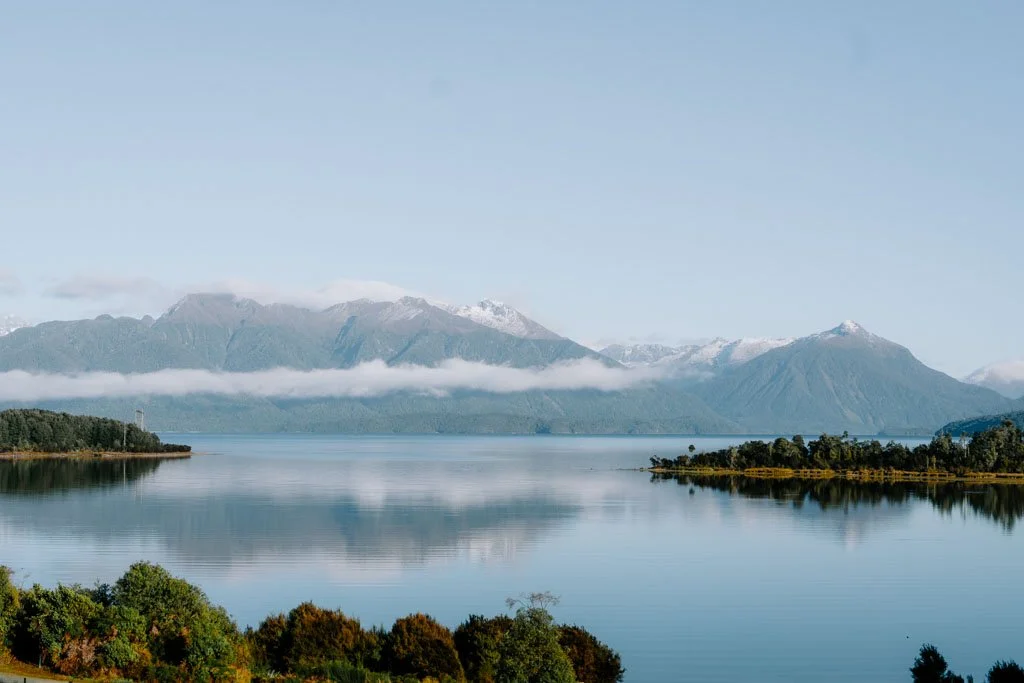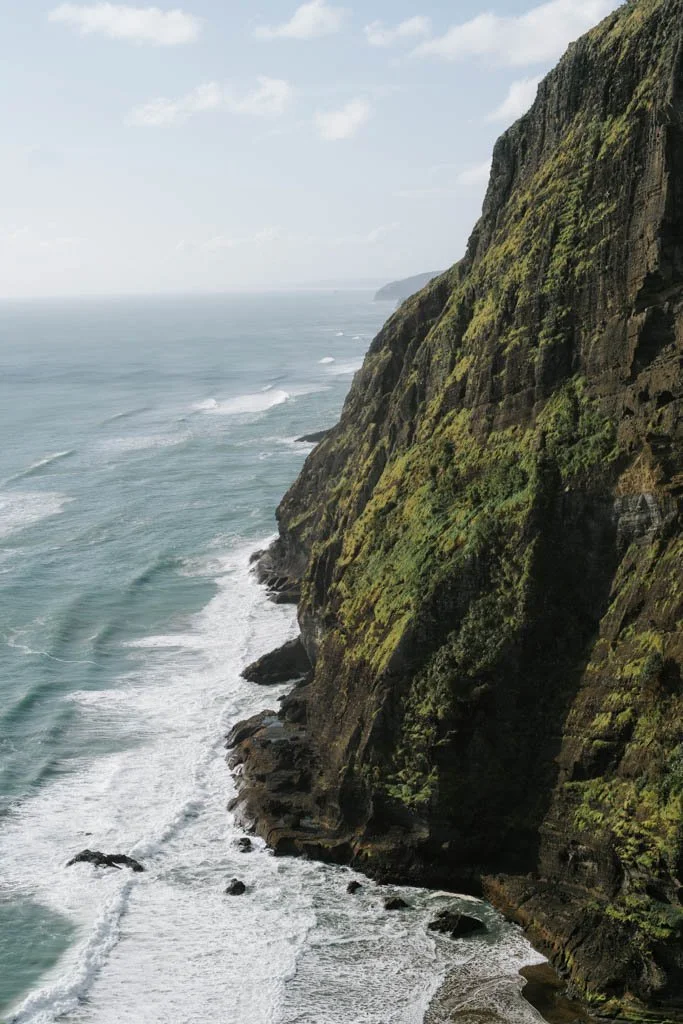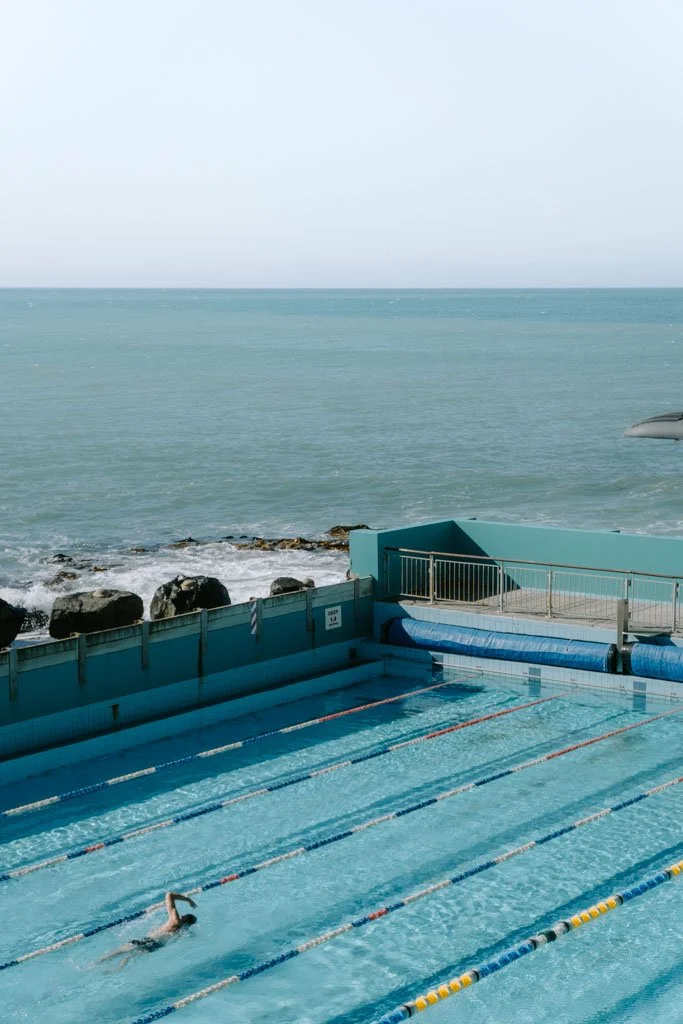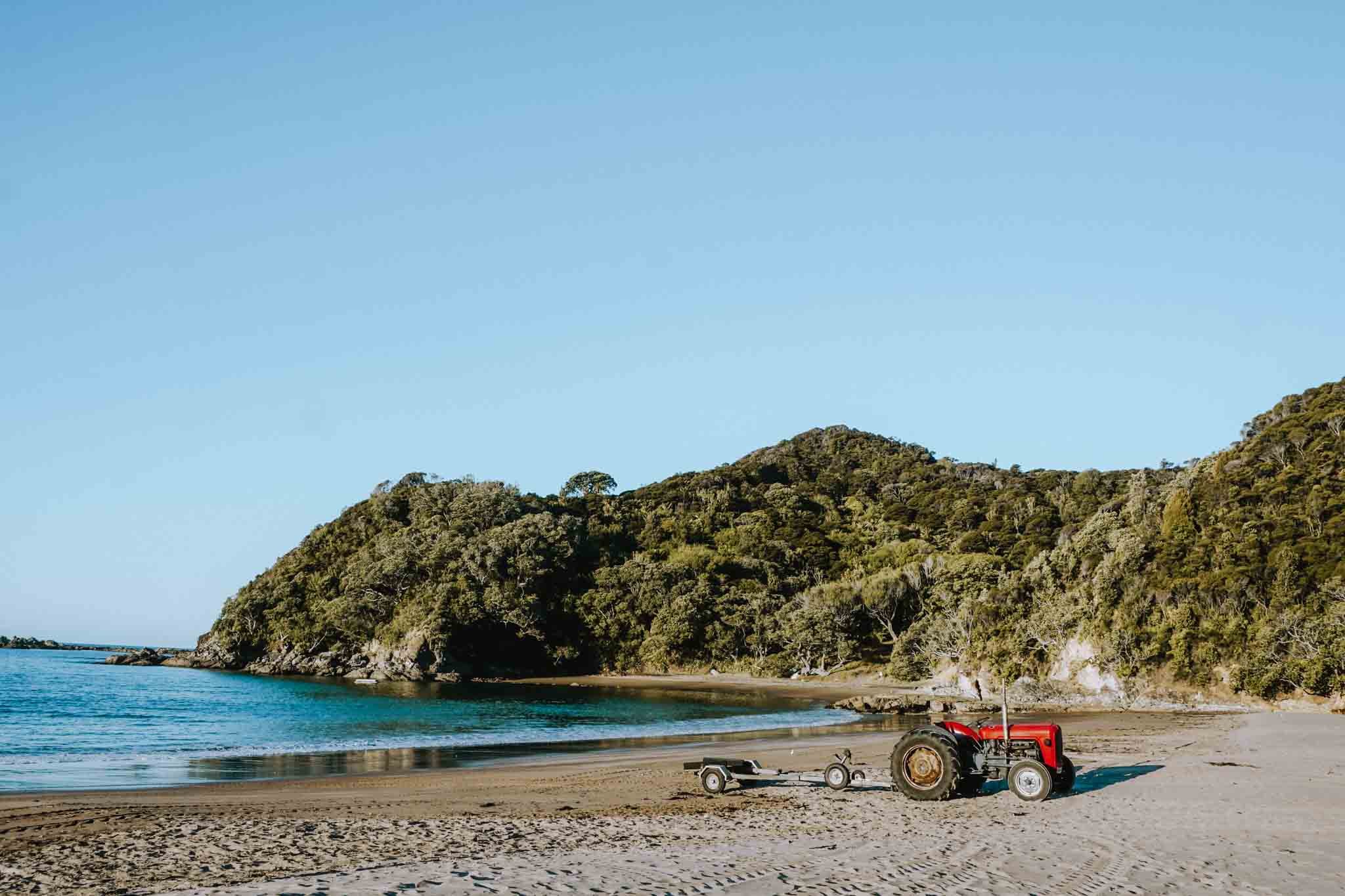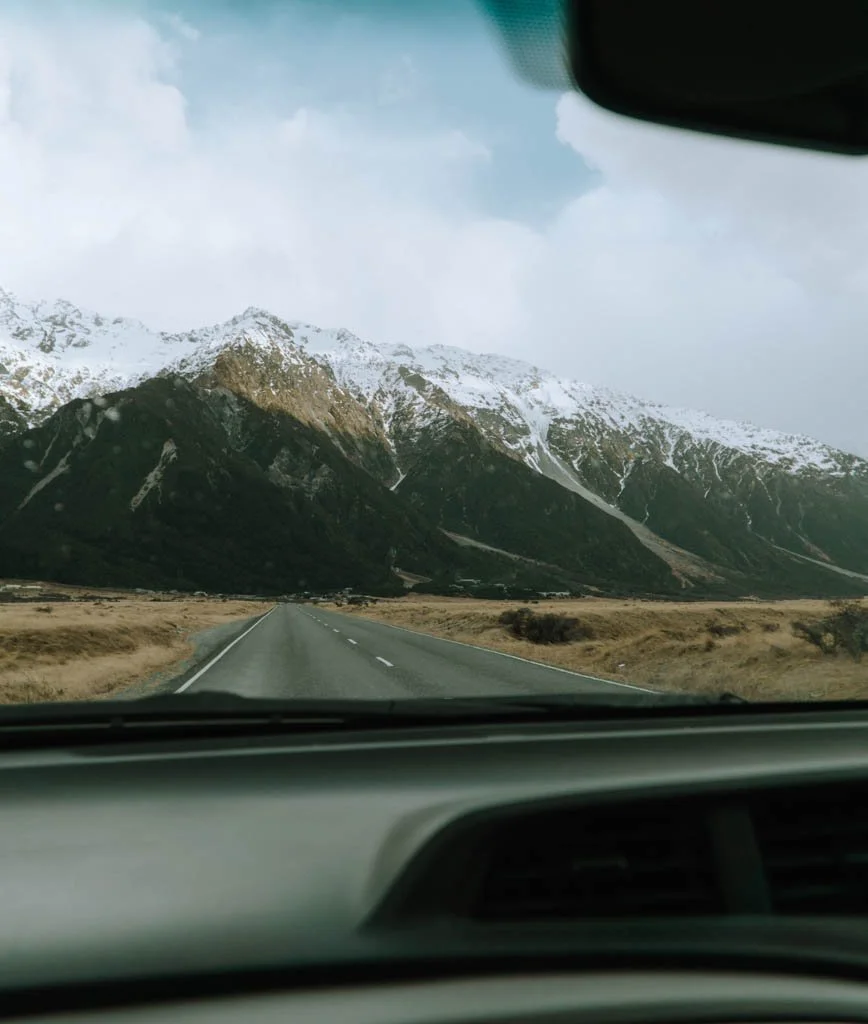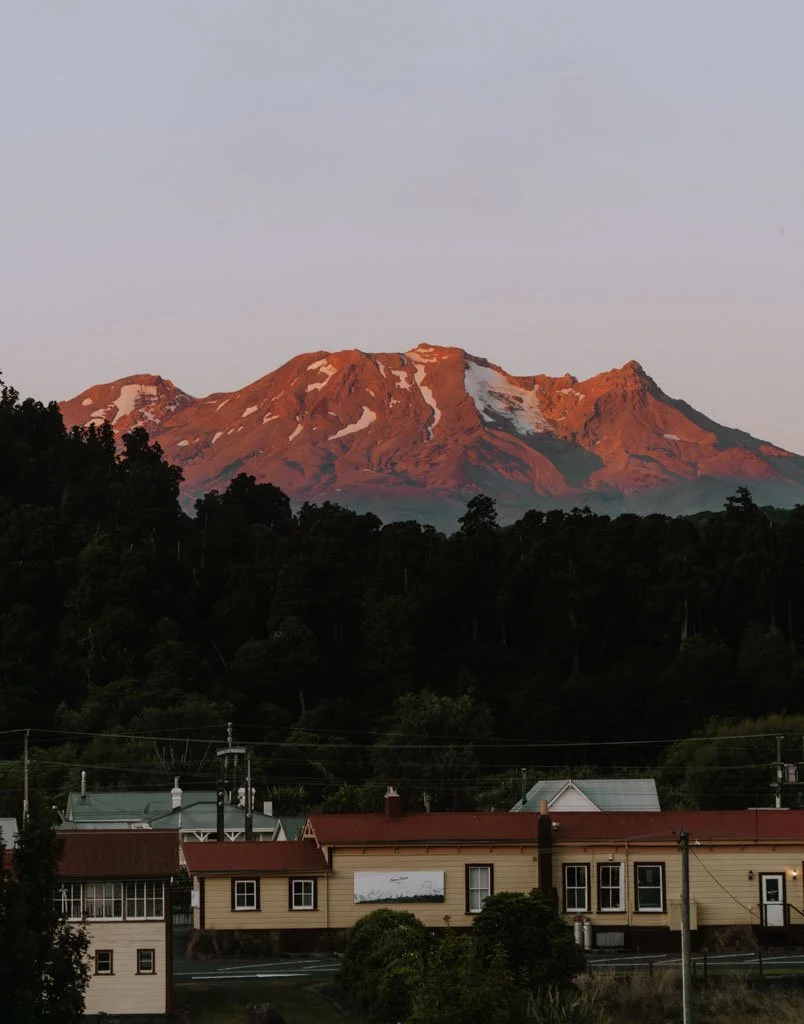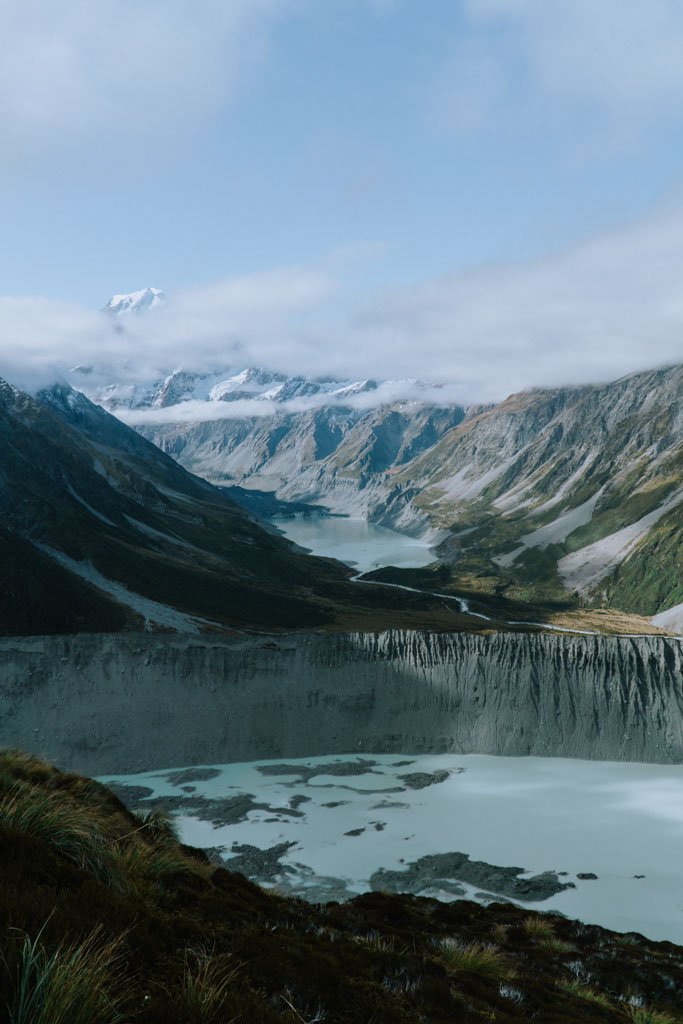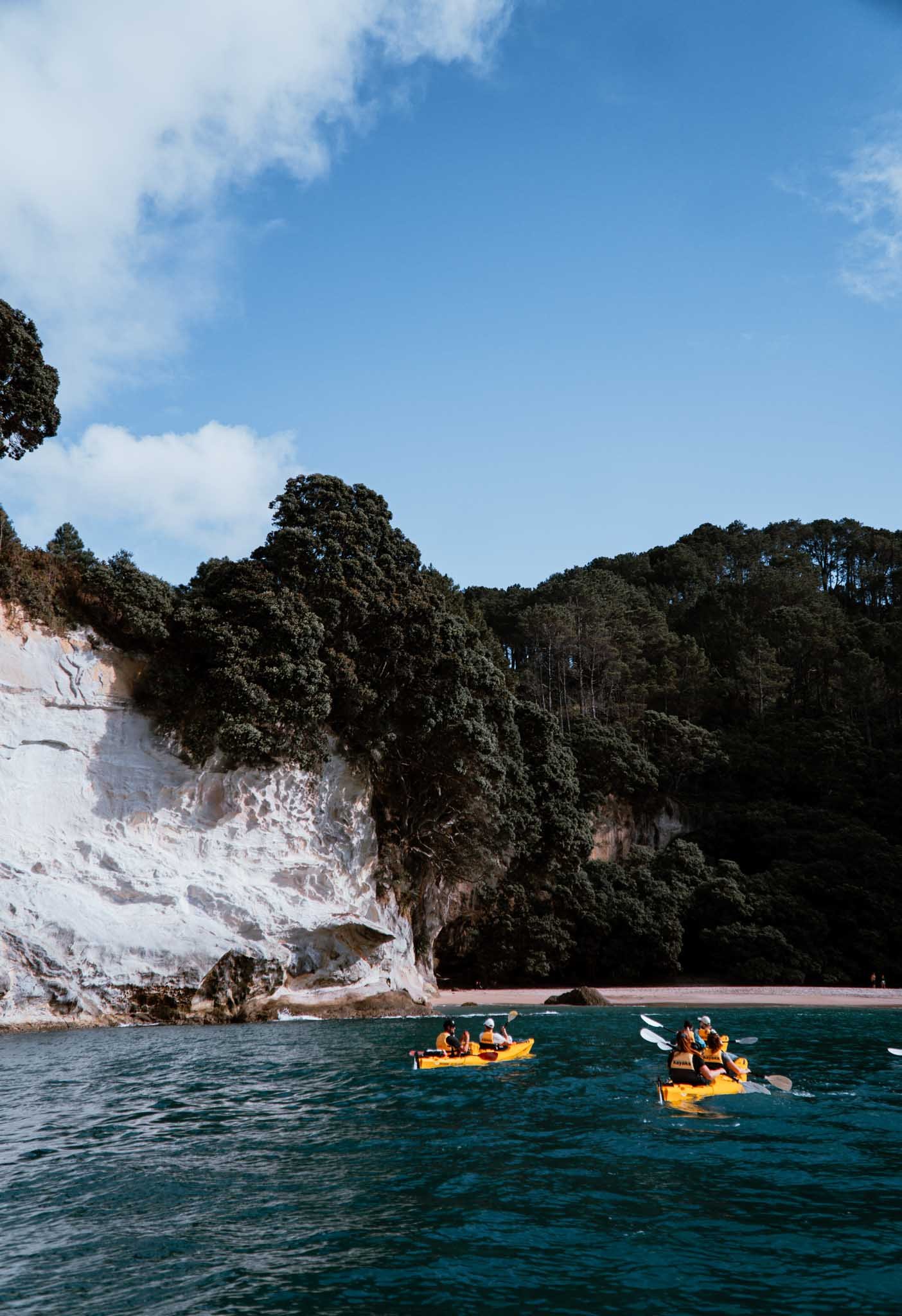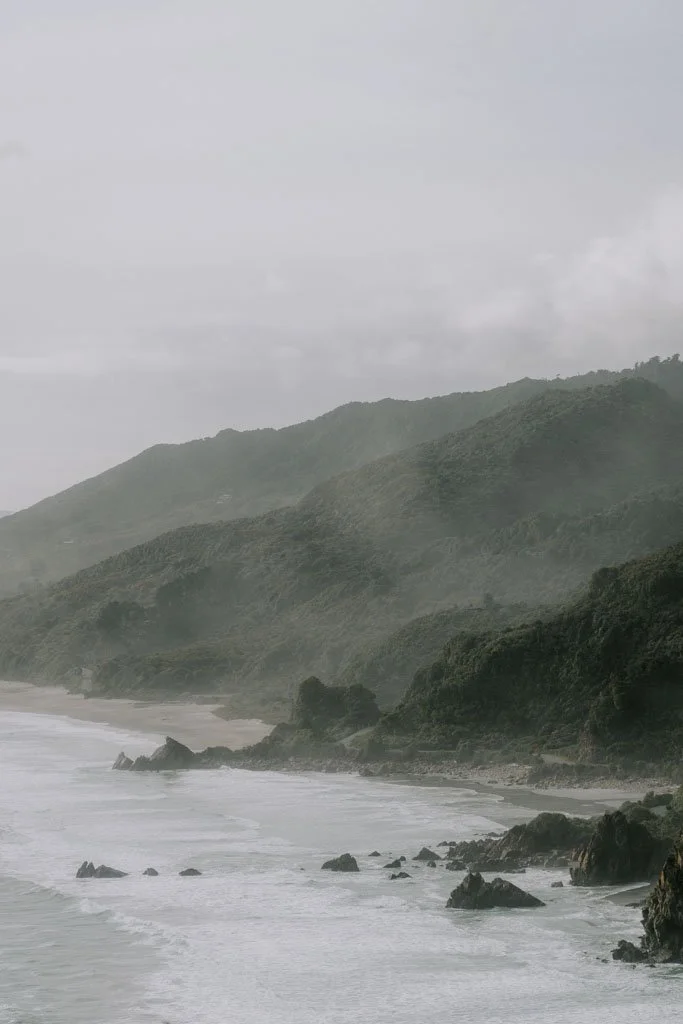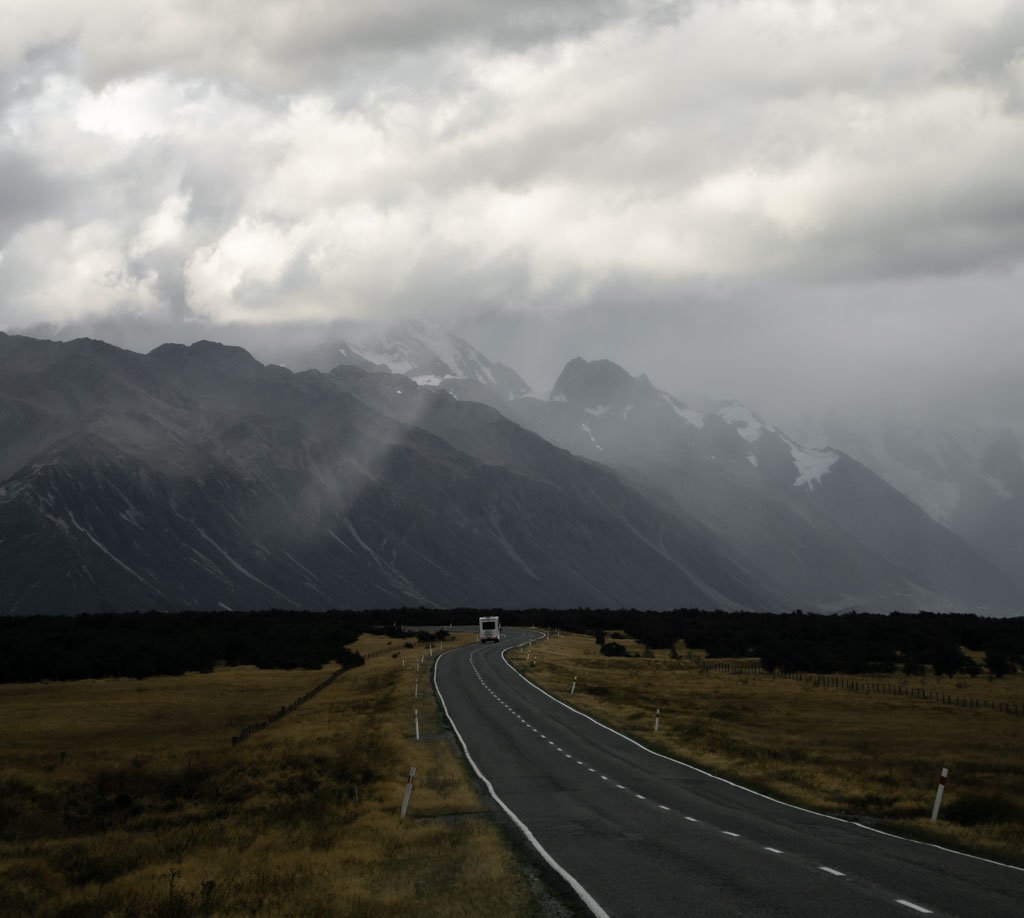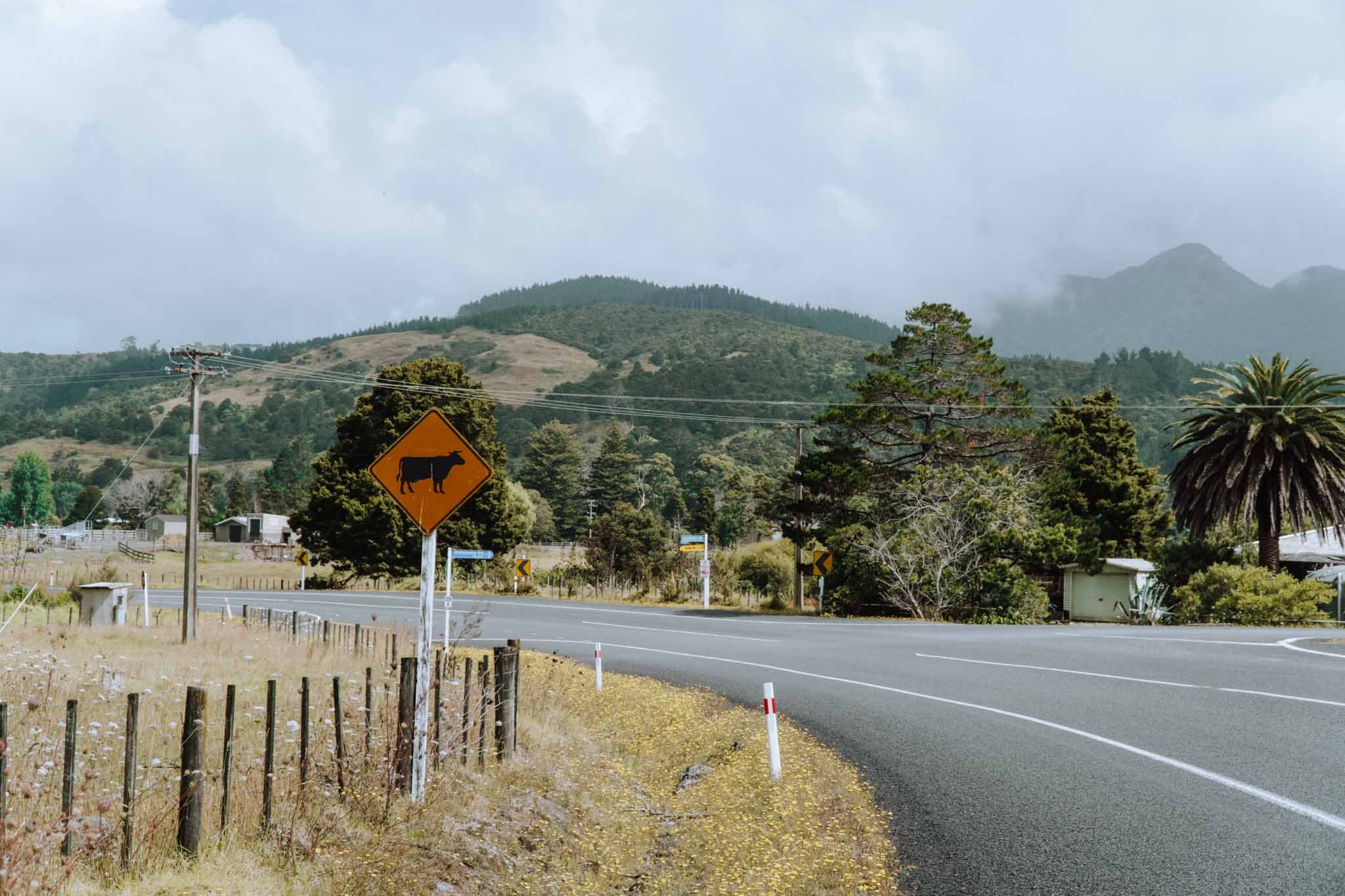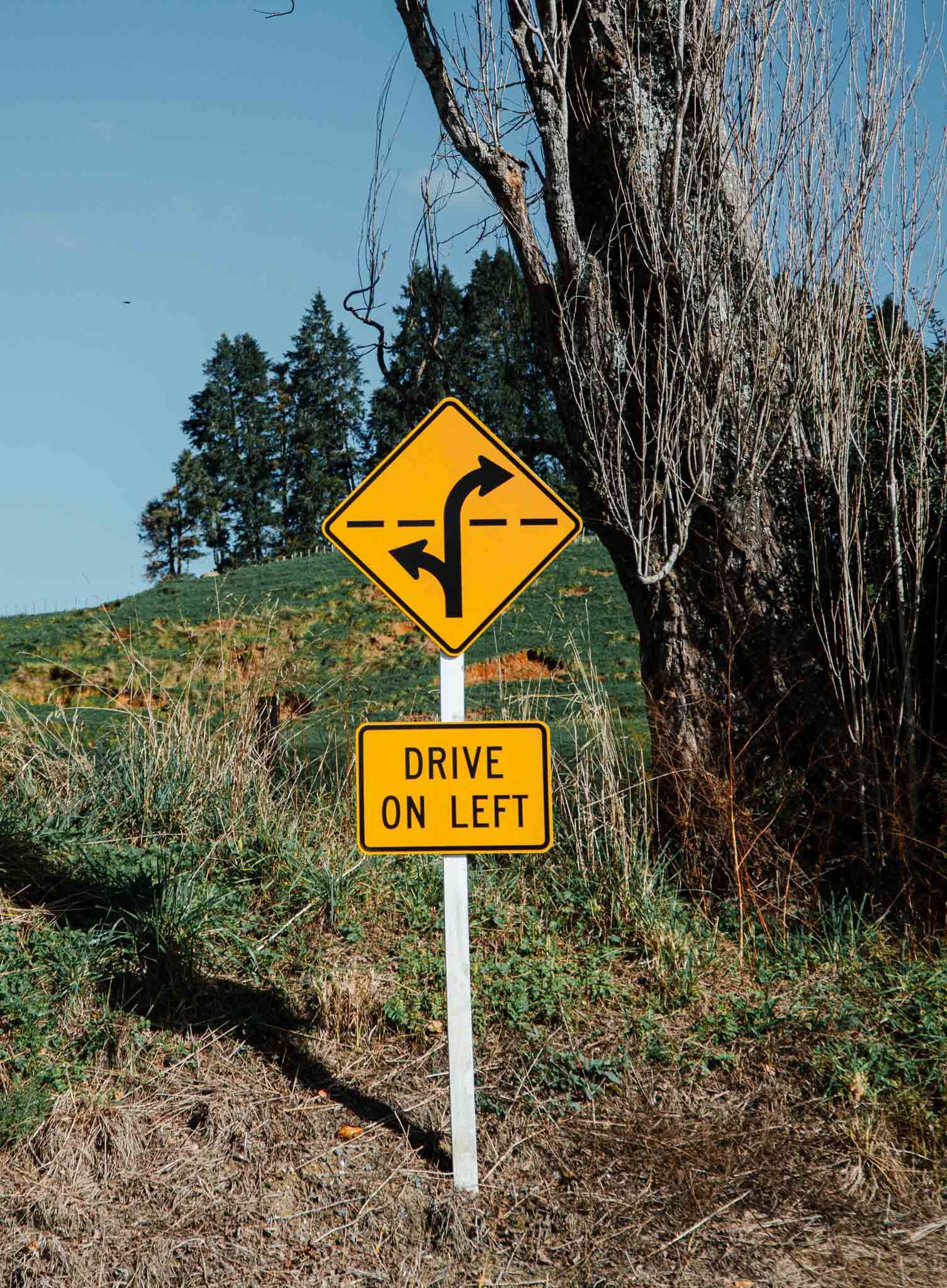New Zealand road trips and itineraries
PLAN A ROUTE THROUGH PARADISE
New Zealand has some of the greatest scenic drives in the world; it’s the ideal country for a road trip
My road trip guides capture my favourite routes for exploring New Zealand by road.
Whether it’s driving down the West Coast of the South Island, stopping to look at the rock formations in Punakaiki or glaciers in Franz Josef. Or, driving from Christchurch to Queenstown past Lake Tekapo and Lake Pukaki. Or making your way to the tip of the North Island to Cape Reinga and the point where two oceans meet.
A NOTE: I feel like I am only at the beginning of documenting all of the possible road trips around New Zealand, so if you can’t find what you’re looking for, email me at hello@petrinadarrah.com and let me know — if there’s an itinerary you’re looking for, I’m sure others are looking for it too. It would be a great help for me to know what to add to the site.
GET INSPIRED
Epic New Zealand road trips
Some of my favourite scenic drives around the country — whether you’re looking for coastal views, remote camping spots, or mountains roads.
ONE WEEK OR LESS
1-2 WEEKS
2 WEEKS
3 WEEKS OR MORE
Get a personalised road trip itinerary
If you’re overwhelmed planning your New Zealand road trip, and don’t know where to start — or you just need to sense check your route — I might be able to help.
Resources for planning your New Zealand road trip
RENTING A CAMPERVAN: Motorhome Republic is the easiest way to compare prices across a range of campervan companies (it’s clunky but still the most useful comparison site at the moment)
RENTAL CARS: DiscoverCars.com for comparing the prices of rental cars
MONEY: New Zealand is mostly cash free, with the occasional exception of campgrounds and roadside fruit stands. Generally, you can get away with paying for everything with a credit or debit card.
I use Wise, including in New Zealand (I love the way it helps me track my spending). You can use the card almost everywhere. The only exception I have found is at self-service gas stations, which refuse to recognise it as a credit card. As a work around, you’ll have to visit petrol stations with a shop/attendant inside.
TRAVEL INSURANCE: I recommend World Nomads (it’s what I use outside of New Zealand — when I’m here, I only occasionally get a cheap plan to cover rental cars).
If you take out travel insurance, you probably don’t need to pay for ‘excess reduction’ when you pick up your rental vehicle (most travel insurance policies should cover excess reduction for car rentals). However, you will need a credit card, which the rental car company will place a hold against — I don’t have a credit card, so this is niggly for me.
FINDING ACCOMMODATION: Booking.com is my preferred website for finding hostel or hotel accommodation in New Zealand, but it’s also worth checking Vrbo when you’re looking for places to stay outside of towns (some of the best places to stay are more remote).
Canopy Camping is great for a special stay.
USEFUL APPS:

